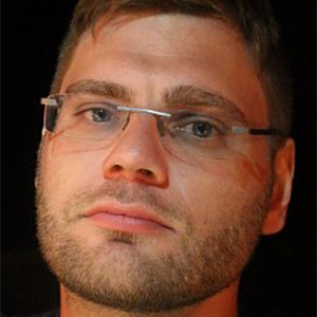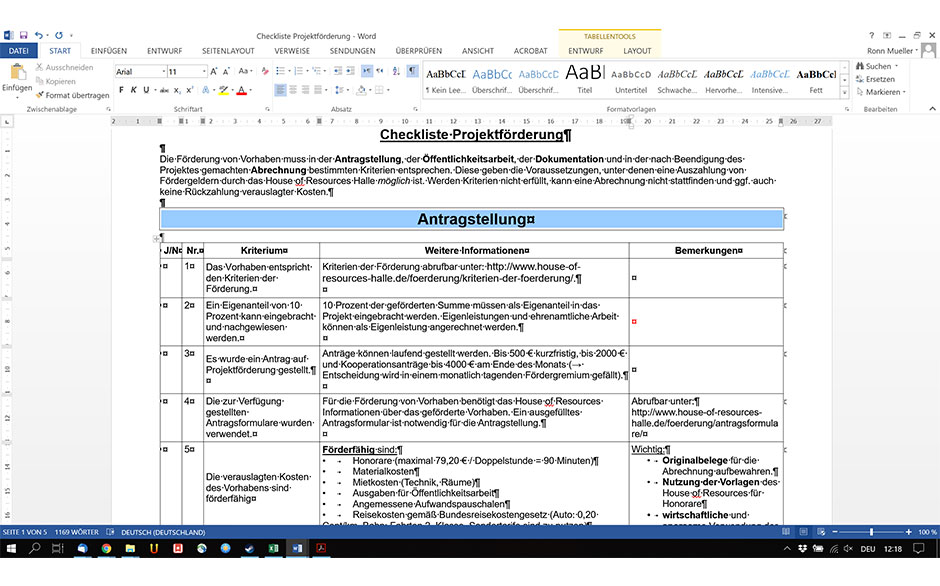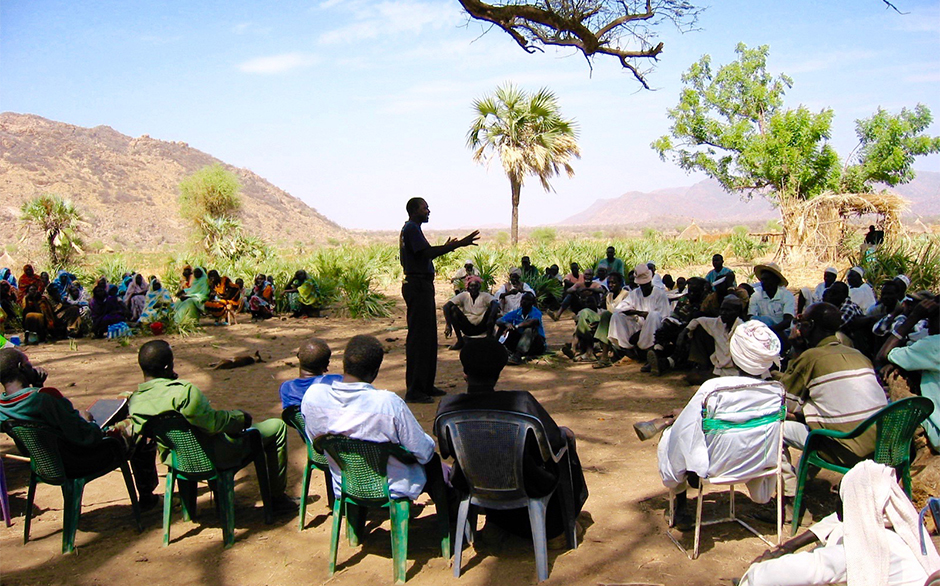
Ronn MüllerFormer Member
Ronn Mueller received his Master’s degree in Social Anthropology and Islamic Studies at the University of Halle. Currently he is working at the University of Halle and at VeMo, a non-governmental organization in Halle.
Ronn has carried out research in Cairo, focusing on people’s urban livelihoods in environments influenced by neoliberal structural adjustment policies. Since 2012, he has been interested in the recent and ongoing changes to the European border regime. He is looking at the ways how people, especially from Syria, came and still are coming to Germany. His particular area of focus attends to how a mid-sized town like Halle (Saale) undergoes changes due to the redistribution of migrants within Germany. While researching these topics, he also became involved in changing and fostering local immigration structures in Halle.
Research
Working with people who fled Syria, and being interested in their specific individual fates and arrivals in Halle led Ronn Mueller to look at possible ways of changing local immigration regulations and structures in order to ease the arrival of people coming to Halle. During this work, he became a co-founder of the association “Verband der Migrantenorganisationen Halle” (VeMo, in English: Association of Migrant Organizations Halle), where he can use his anthropological knowledge and skills to raise funds for the association. One of the approved projects is the “House of Resources Halle,” funded by the German Ministry of the Interior. The House of Resources promotes and deploys a new support concept that works on demand and is cause-related in that it aims to utilize the migrants’ own knowledge and to help them engage with and enhance plural civil society structures in Halle at an early stage. Since 2016, Ronn has been working as the head of the House of Resources. He navigates a never-ending struggle between the issues of migration, networking, highly bureaucratized project administration procedures and the precarious funding conditions for non-governmental associations operating in the larger realm of social work. To keep this going, continual translation work between different stakeholders is necessary. Through his research by activist intervention, Ronn came to suspect that the contemporary and seemingly incoherent governmental reactions to the unfolding situations of migration tend to emerge as experiments with management tools designed to transform Germany into an immigration country. The expertise that Ronn acquires as activist researcher / researching activist is valued both by state and non-state actors.



